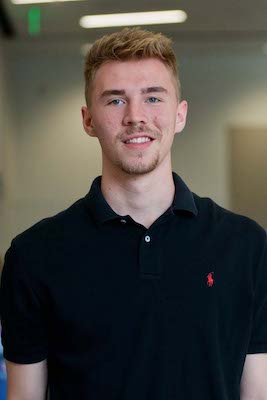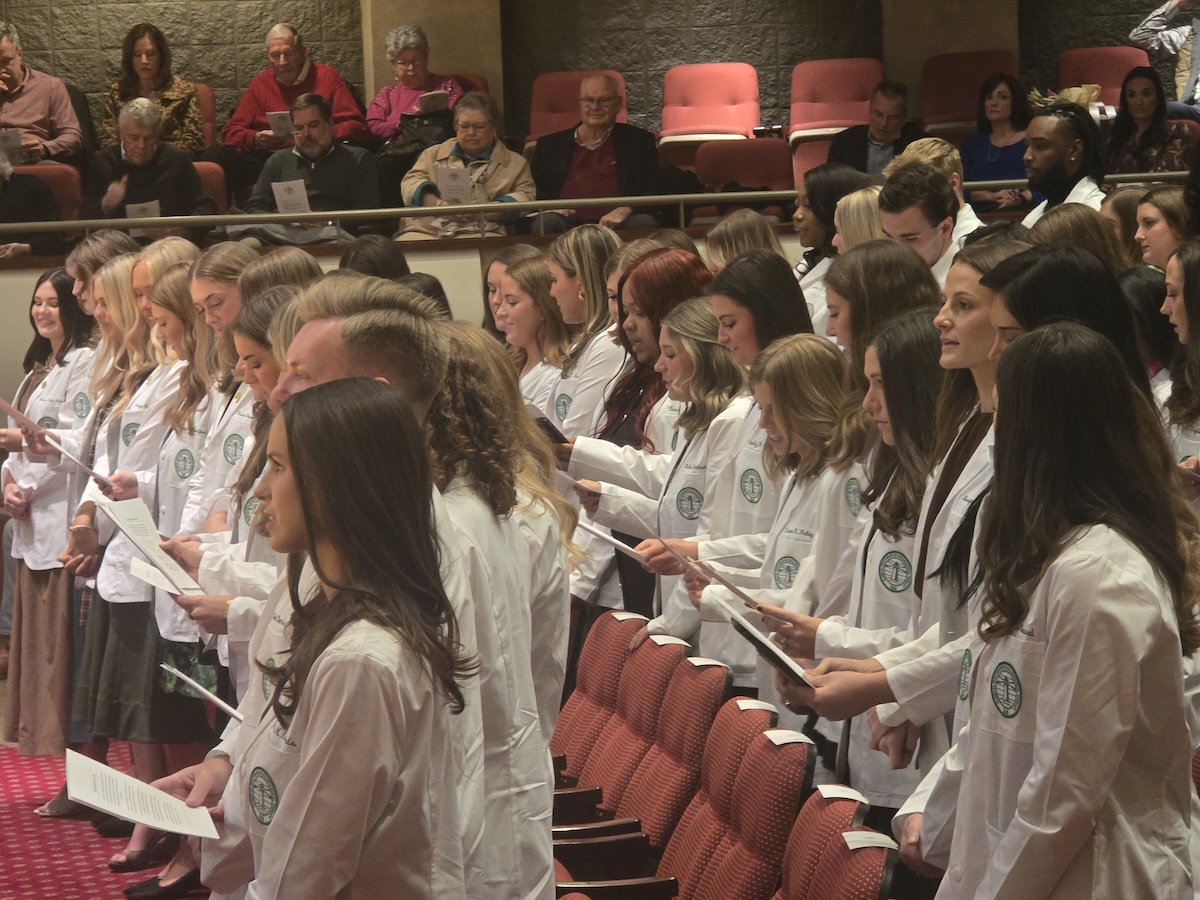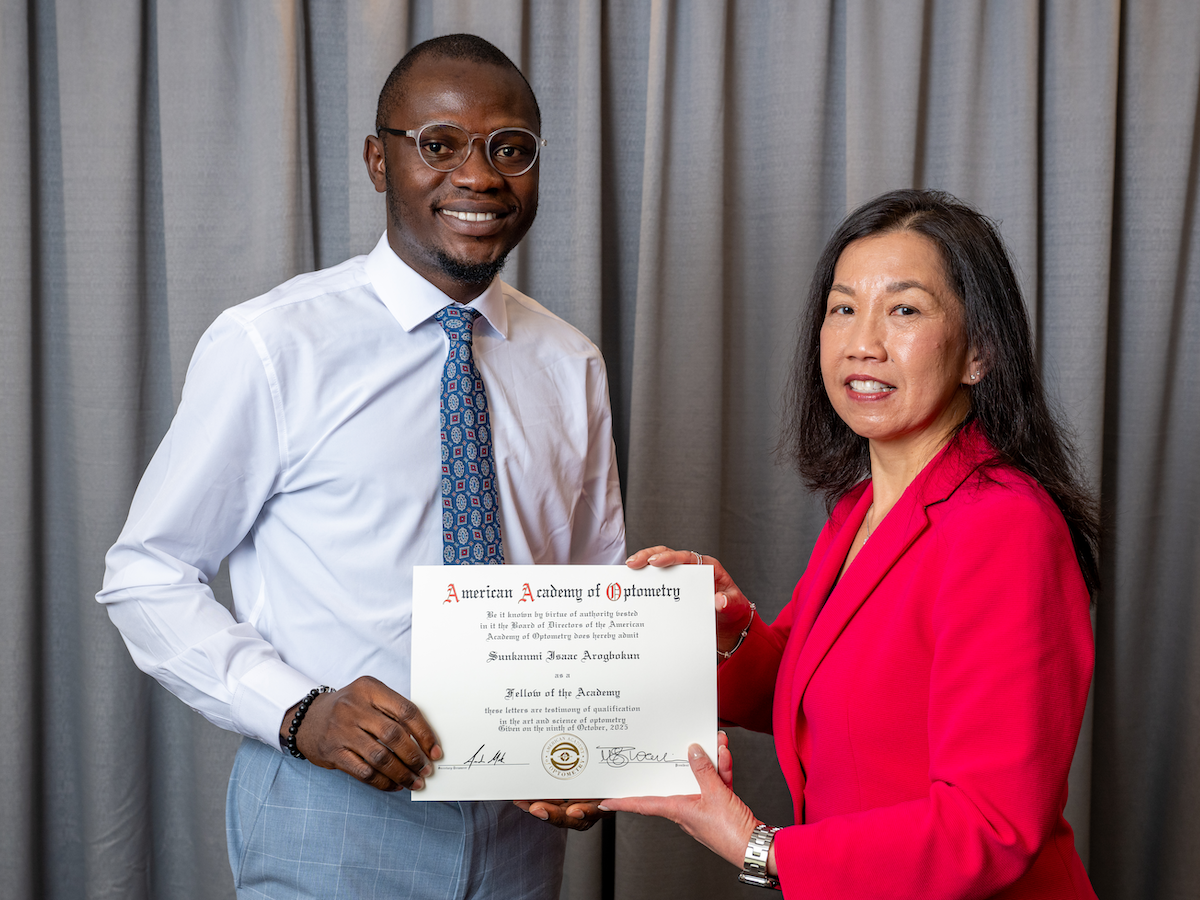 Stephen Lanzi A week ago today marked exactly six months at UAB and in my role of Communications Specialist for CEDHARS and the Collaborative. In part, I was excited about the position because I knew the culture at UAB and especially Lakeshore would be extremely conducive for someone with a disability joining the workforce. On this, I couldn’t have been more right. However, I also was quick to jump at the position because I thought I had a good understanding of disability culture and what working in the space would entail. On this, I was mistaken, to say the least.
Stephen Lanzi A week ago today marked exactly six months at UAB and in my role of Communications Specialist for CEDHARS and the Collaborative. In part, I was excited about the position because I knew the culture at UAB and especially Lakeshore would be extremely conducive for someone with a disability joining the workforce. On this, I couldn’t have been more right. However, I also was quick to jump at the position because I thought I had a good understanding of disability culture and what working in the space would entail. On this, I was mistaken, to say the least.
As I wrote in the first newsletter CEDHARS published, this is my first full-time employment after graduating from Auburn in the early days of the pandemic. Although I had been an editor at the nationally recognized student-run newspaper at Auburn for nearly three years, moving into the real world is a monumental step for young people, especially those with disability, and this held true for me even with a great deal of similar experience at Auburn.
Despite the anticipated angst that led up to my start date of Oct. 14, my anxiety was quickly put to rest. From getting me the assistive technology I need, to figuring out transportation to and from work, my supervisors and co-workers have toed the difficult line of supporting and being overly intrusive. I think many employers could learn a great deal from the kind of atmosphere created at the Collaborative.
People at CEDHARS, NCHPAD and everyone else at the Collaborative don’t just tell you your responsibilities then send you off to figure it out on your own. There’s a true sense of togetherness and camaraderie, which is why I tell everyone the Collaborative is the perfect name for what’s going on here.
What I didn’t anticipate, though, was just how little I thought I knew about disability culture when I came on board. Ironically, I also just passed the eighth anniversary of when I started losing vision due to my genetic condition. So, I’ve had a substantial amount of time for acceptance and to form my new identity in my own personal journey.
Yet, as I’m surrounded by incredible research and even more interesting people, my understanding of what it means to live with a disability gets challenged just about every time I walk into work. I get to interact with Paralympians daily. I’ve interviewed the CEO of Lakeshore, the dean of UAB’s School of Health Professions, the new chair of Department of Physical Medicine and Rehabilitation and many more fascinating individuals. And each time, I come out of it with a new perspective on disability as a whole and often about my own journey.
I’m reminded of a recent interview I conducted with Dr. Erin Andrews, a psychologist and author. After an incident at the annual APA conference in which organizers changed the name of the accessibility room to the “multi-abled” room, Andrews wrote an article with colleagues that started the movement #SayTheWord. Their argument was that in order for society to shift in a manner to be more accessible, people both with and without disabilities need to embrace ability as a part of identity on par with race, sexual orientation and all the other identity markers.
Of course, each individual values parts of their identity more so than others depending on the time and place but reading the article and listening to more insight into it, I’ve had to grapple with this notion myself. Whether it was because of the newness of my disability or societal connotations, I was not very comfortable portraying my disability as part of my identity early on. But if we’re to truly destigmatize disability, I’ve started to believe it starts with those who represent the community, including myself.
In the same vein, another eye-opening moment for myself came when I read an The New York Times article, “We Should Claim Our Disabled Ancestors with Pride” that Dr. Jim Rimmer sent me.
At one point in the story, the author discusses the term “disability gain,” which refers to the unexpected benefit one receives after a disability. The example given is of the author’s mother who had deteriorating vision in older age, but as it progressed, her mother became a better listener.
Because of the nature of my disability this obviously struck a chord with me. But more than that, it gave me insight into why I went from a non-disabled person interested in math and science to a journalism major and professional communicator. It may have not been the journey I would have sought, but the disability gain of ending up at the Collaborative has given me great purpose and fulfillment.

